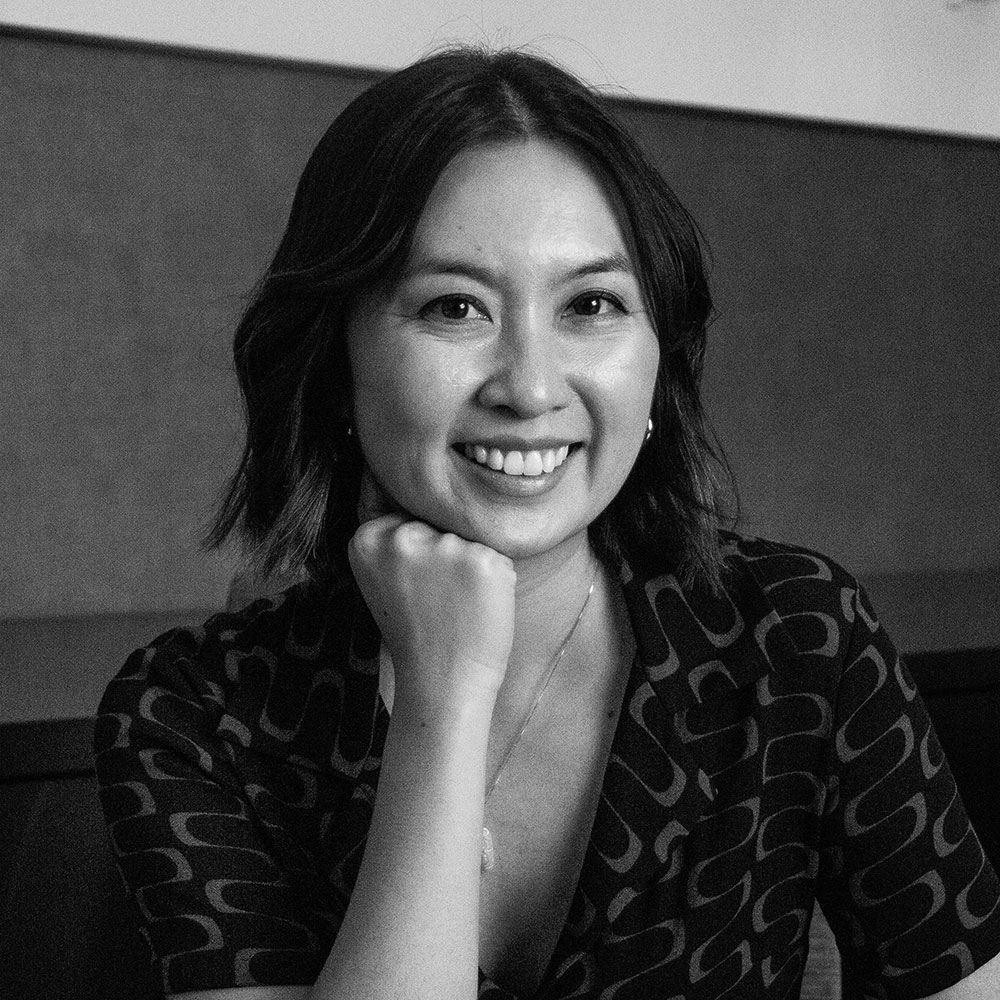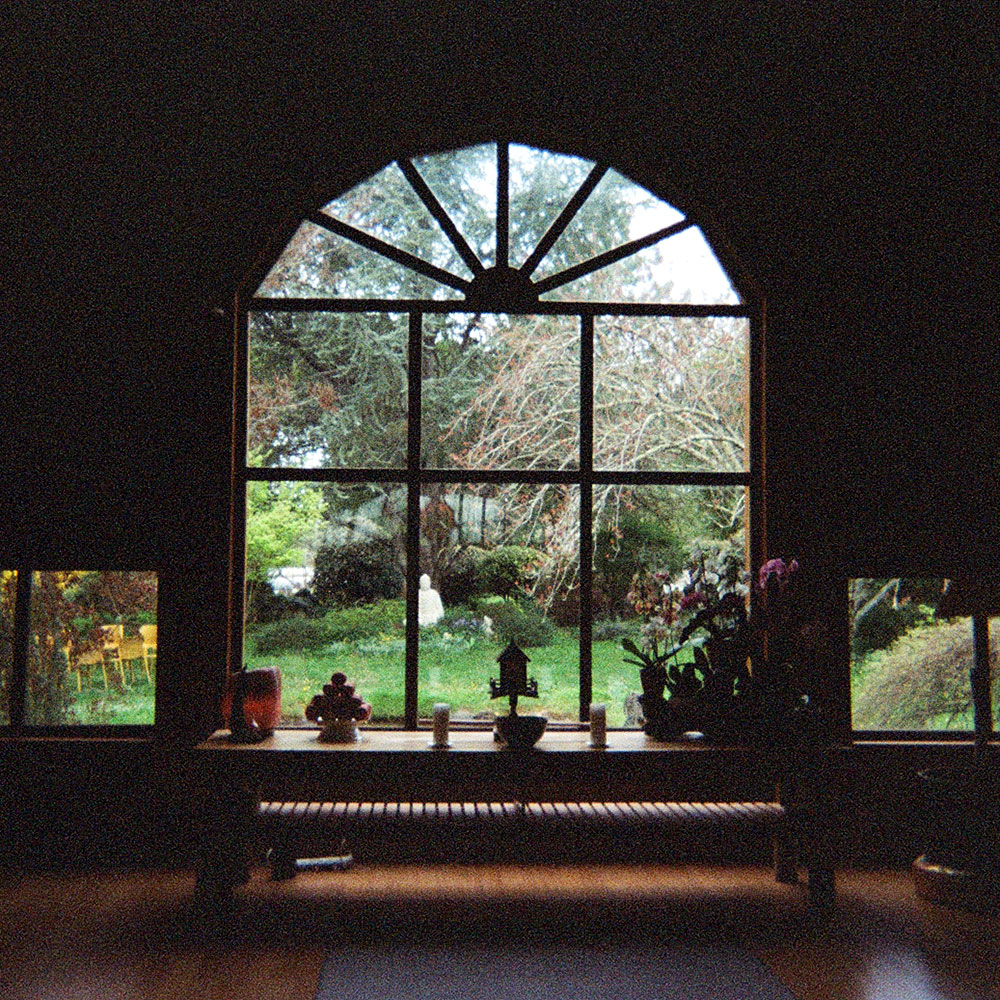
Ethnic Churches and Racial Attitudes: A Comparative Study of Chinese- and Vietnamese-American Congregations in Houston, TX
Bianca Mabute-Louie
Graduate Student, Sociology
Rice Univesity
This research project interrogates the extent to which religion shapes the racial attitudes of Asian American Christians. Christianity influences the ways Asian Americans adapt to the U.S. and their involvement in ethnic churches shapes their perceptions of race and racism. This project interrogates how Chinese- and Vietnamese-American Christians, two of the largest Asian American groups, employ cultural-religious explanations in their conceptualizations of racial discrimination, racial boundaries, and anti-Blackness in this comparative congregational study. Overall, this study aims to contribute to the scholarly conversation on race, religion, immigration, and politics, with public implications on immigration, Asian American civic engagement, and broader movements for racial justice.

Refugee Reconnections: Vietnamese-American organizing in the California Carceral State
Victoria Huynh
Graduate Student, Ethnic Studies
University of California, Berkeley
This research project centers Vietnamese-American grassroots organizing as a site to theorize a framework of healing from refugee trauma. As Vietnamese refugees in the United States are continually displaced by war, incarceration, and deportation, this project asks: how do Vietnamese refugees draw from their spiritual and cultural traditions in order to address the fractures of trauma? How might these embodied, epistemological practices help activists to challenge the state structures responsible for displacement? To examine these questions, in-depth interviews and participant-observation will be conducted with a California-wide network of organizations fighting to free Vietnamese communities from incarceration and deportation: the Asian Prisoner Support Committee, API-RISE, and VietRise. This research project aims to interrogate refugee trauma as the consequence of the U.S. carceral and immigration systems, and to explore spiritual modalities of healing.
Keywords: Activism, Healing, Refugee, Vietnamese American
